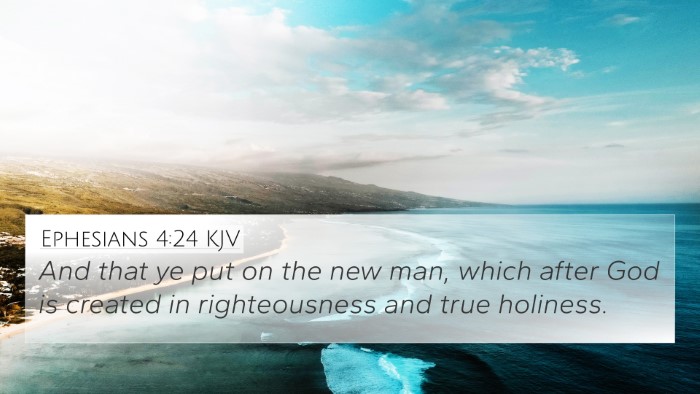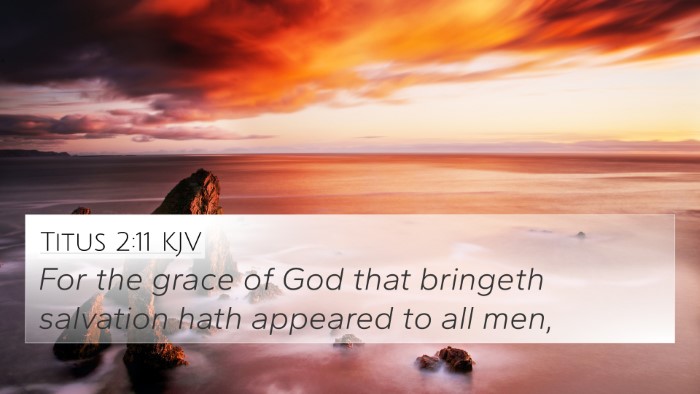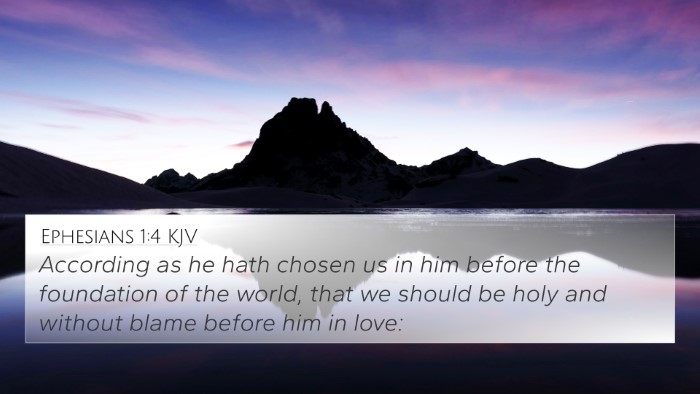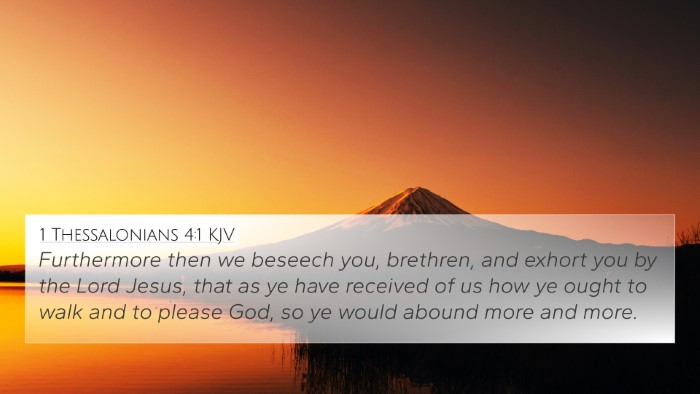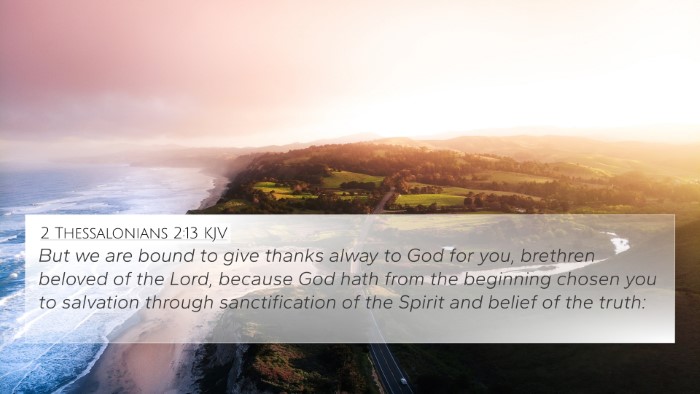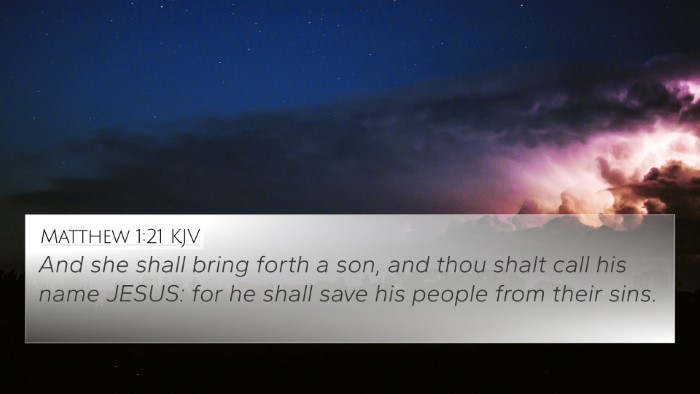Understanding Luke 1:75
Luke 1:75 states, "In holiness and righteousness before him all the days of our life." This verse stems from the
prophetic words of Zechariah regarding his son John, the forerunner of Christ. The phrase emphasizes the theme of
living a life dedicated to God, which is pivotal not only in John's mission but throughout the New Testament narrative.
Meaning and Interpretation
The verse encapsulates the call to holiness and righteousness that such a mission entails. Through concise
Biblical commentary, we can uncover deeper meanings.
- Matthew Henry: Henry highlights that this verse illustrates the standard of conduct expected from
those who follow God. Living in holiness means to be set apart, reflecting God's glory in daily life.
- Albert Barnes: Barnes points out that "righteousness" signifies justice and integrity,
portraying an individual deeply committed to ethical living that honors God.
- Adam Clarke: Clarke elaborates on the idea that living in holiness and righteousness should
be a continual effort throughout one’s lifetime, indicating perseverance in faith and character.
Thematic Connections
This verse encourages believers to reflect on the core attributes of holiness and righteousness. These themes
are echoed throughout scripture, reinforcing the interconnectedness of Biblical texts.
Cross-References for Deeper Study
To explore the connections between Bible verses, special attention can be paid to the following cross-references:
- Isaiah 32:17: "The work of righteousness will be peace." Indicates the peaceful outcome of living
righteously.
- Ephesians 4:24: "Put on the new self, created to be like God in true righteousness and holiness."
Reflects the transformative aspect of righteous living.
- 1 Thessalonians 3:13: "May he strengthen your hearts so that you will be blameless and holy in
the presence of our God." This verse ties the call for holiness to divine favor.
- Hebrews 12:14: "Make every effort to live in peace with everyone and to be holy; without holiness
no one will see the Lord." Illustrates the necessity of holiness for approaching God.
- Philippians 1:11: "Filled with the fruit of righteousness that comes through Jesus Christ."
Emphasizes the fruits of a Holiness-centered life.
- Romans 6:22: "But now that you have been set free from sin and have become slaves of God, the
benefit you reap leads to holiness, and the result is eternal life." Points to fresh life in righteousness.
- 2 Peter 3:11: "Since everything will be destroyed in this way, what kind of people ought you to be?
You ought to live holy and godly lives." Highlights the imperative to pursue holiness.
Scriptural Cross-Referencing
Understanding Luke 1:75 in the context of the greater Biblical narrative allows for a rich analysis of connections.
Engaging with the cross-references mentioned above not only enhances comprehension but also reveals deeper themes
of righteousness throughout scripture.
Practical Applications
Holiness and righteousness are not merely theological concepts; they have practical applications for believers
today. They call for an active expression of faith through deeds that align with God's will.
Conclusion
In summary, Luke 1:75 serves as a reminder for believers to lead a life marked by holiness and righteousness.
By exploring inter-Biblical dialogue through cross-referencing, one can uncover profound insights that encourage
a faithful, dedicated, and ethical walk with God.



